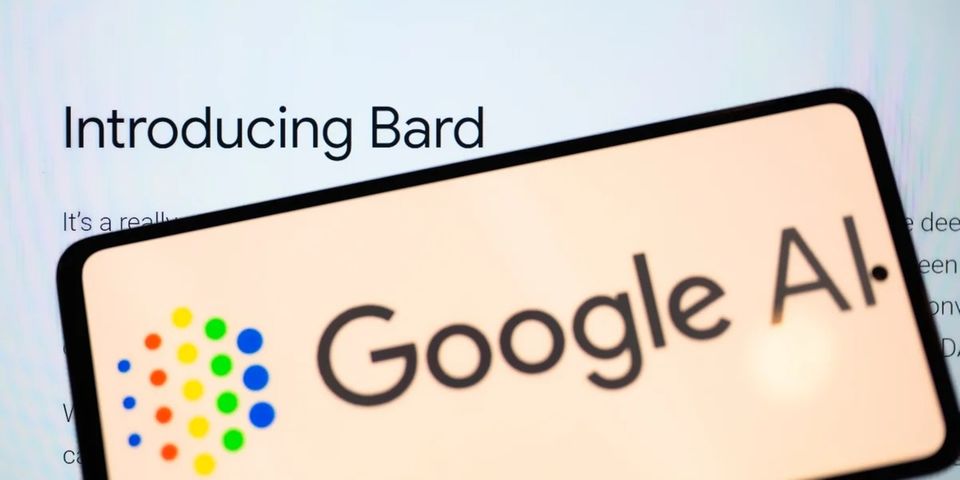
Google opens yet another door to technology inclusiveness for native speaker of Kiswahili after adding it to Bard’s language options
Arusha. Kiswahili has got another boost after being included in Google’s conversational generative Chatbot, Bard.
The widely spoken medium of communication in the continent now becomes the first African language on the platform of the tech giant.
Other languages in the current expansion drive include Chinese, German, Spanish, Arabic and Hindi.
RELATED Scholar wishes for Kiswahili to become a business language
The American tech giant founded in 1998 targets netting users from new countries and territories.
The United Nations Educational, Scientific and Cultural Organization (Unesco) ranks Kiswahili as among the 10 widely spoken languages in the world.
Currently, it has over 200 million speakers, pointing to the potential value that Bard will reap from its inclusion.
Bard is Google’s experimental, conversational AI chat service. It is meant to function similarly to ChatGPT, the difference being that Google’s service will pull its information from the web.
Ms Rachael Ndichu, the language manager at Google regional office for East Africa in Nairobi said the launch of Bard in Kiswahili was a milestone.
It has allowed Bard to reach even more people in Africa, where approximately 150 million speak Swahili.
The inclusion of more languages and territories will also help to make Bard more inclusive and safer, through feedback from a wider range of users.
“This makes Bard more accessible to everyone in the region. We believe it has a potential to be a powerful tool for creativity and learning,” she said.
Users can now access Bard in their preferred language with text-to-speech now available in over 40 languages across the world.
Although Kiswahili, which originated in the coast of East Africa, has been spoken for generations, it was until the 1950s when it was recognised by the UN.
In the 1950s the UN established the Kiswahili language unit of UN Radio. To date, it is the only African language within the Directorate of the Global Communications at the UN.
The UN General Assembly resolved in 2017 to dedicate a day to each of its official languages in order to inform and raise awareness of their history, culture and use.
It was then that Unesco proclaimed July 7th of each year as World Kiswahili Language Day.
Kiswahili became the first African language to be recognised in such a manner by the United Nations, raising its status globally.
Scholars believe the recognition potentially confers substantial educational, diplomatic, trade, tourism, cultural, philosophical, and political benefits to the language.
Kiswahili has already been proclaimed the official language of the African Union (AU), the East African Community (EAC) and the Southern Africa Development Community (Sadc) blocs.
Besides that, it is the national language of Tanzania and Kenya amid aggressive promotion within the EAC both as a medium of communication and instruction in schools.
During the July 7th Kiswahili Day this year, a Tanzanian scholar Prof Fikeni Sonkoro urged that Kiswahili should be promoted as a language of diplomacy.
Such efforts would benefit the continent and reduce Africa’s reliance on foreign languages in official communications.
Other scholars, however, believe the promotion of Kiswahili as a lingua franca of Africa would be gradual given the popularity of other languages.
Today, of the 54 countries on the continent, English is the official language in 27 while French is the official language in 21 countries.
Both English and French are languages of former colonisers. Their continued use attracts funding and other benefits from these countries.
___
Source here
